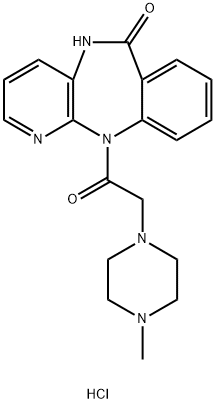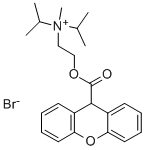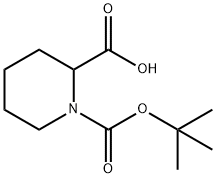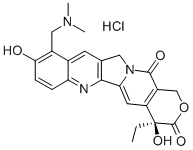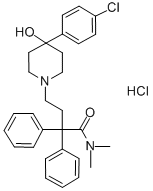Pirenzepine dihydrochloride , 99+% , 29868-97-1
Synonym(s):
5,11-Dihydro-11-[(4-methyl-1-piperazinyl)acetyl]-6H-pyrido[2,3-b][1,4]benzodiazepin-6-one dihydrochloride
CAS NO.:29868-97-1
Empirical Formula: C19H23Cl2N5O2
Molecular Weight: 424.32
MDL number: MFCD00055214
EINECS: 249-907-5
| Pack Size | Price | Stock | Quantity |
| 100mg | RMB56.00 | In Stock |
|
| 250mg | RMB92.80 | In Stock |
|
| 1g | RMB184.80 | In Stock |
|
| 5g | RMB645.60 | In Stock |
|
| others | Enquire |
PRODUCT Properties
| Melting point: | 248-250°C |
| storage temp. | Inert atmosphere,2-8°C |
| solubility | H2O: 50 mg/mL |
| form | powder |
| color | white |
| Water Solubility | Soluble to 100 mM in water |
| Sensitive | Hygroscopic |
| CAS DataBase Reference | 29868-97-1(CAS DataBase Reference) |
Description and Uses
Pirenzepine is an antagonist of M1 muscarinic acetylcholine receptors (Ki = 11.48 nM). It is selective for M1 over M2, M3, and M4 receptors (Kis = 602.56, 151.36, and 199.53 nM, respectively). Pirenzepine inhibits ascending reflex contraction of the circular smooth muscle in isolated guinea pig ileal segments induced by intraluminal balloon inflation (IC50 = 501.19 nM). It inhibits methacholine-induced increases in ileal pressure in guinea pigs (ID50 = 724.44 nmol/kg). Pirenzepine inhibits oxotremorine-induced gastric ulcer, gastric acid secretion, and salivation in rats (ED50s = 13, 37.5, and 620 μg/kg i.v., respectively). It prevents form-deprivation myopia (FDM) in a chick model of experimental myopia.
An antiulcerative. Tricyclic gastric-acid inhibitor.
Safety
| Symbol(GHS) |  GHS07 |
| Signal word | Warning |
| Hazard statements | H302-H315-H319-H317-H402 |
| Precautionary statements | P501-P261-P273-P272-P270-P264-P280-P302+P352-P337+P313-P305+P351+P338-P362+P364-P333+P313-P301+P312+P330 |
| WGK Germany | 2 |
| RTECS | UU7883000 |
| HS Code | 2933.99.7500 |
| Toxicity | dog,LD50,intravenous,62500ug/kg (62.5mg/kg),Iyakuhin Kenkyu. Study of Medical Supplies. Vol. 19, Pg. 544, 1988. |

